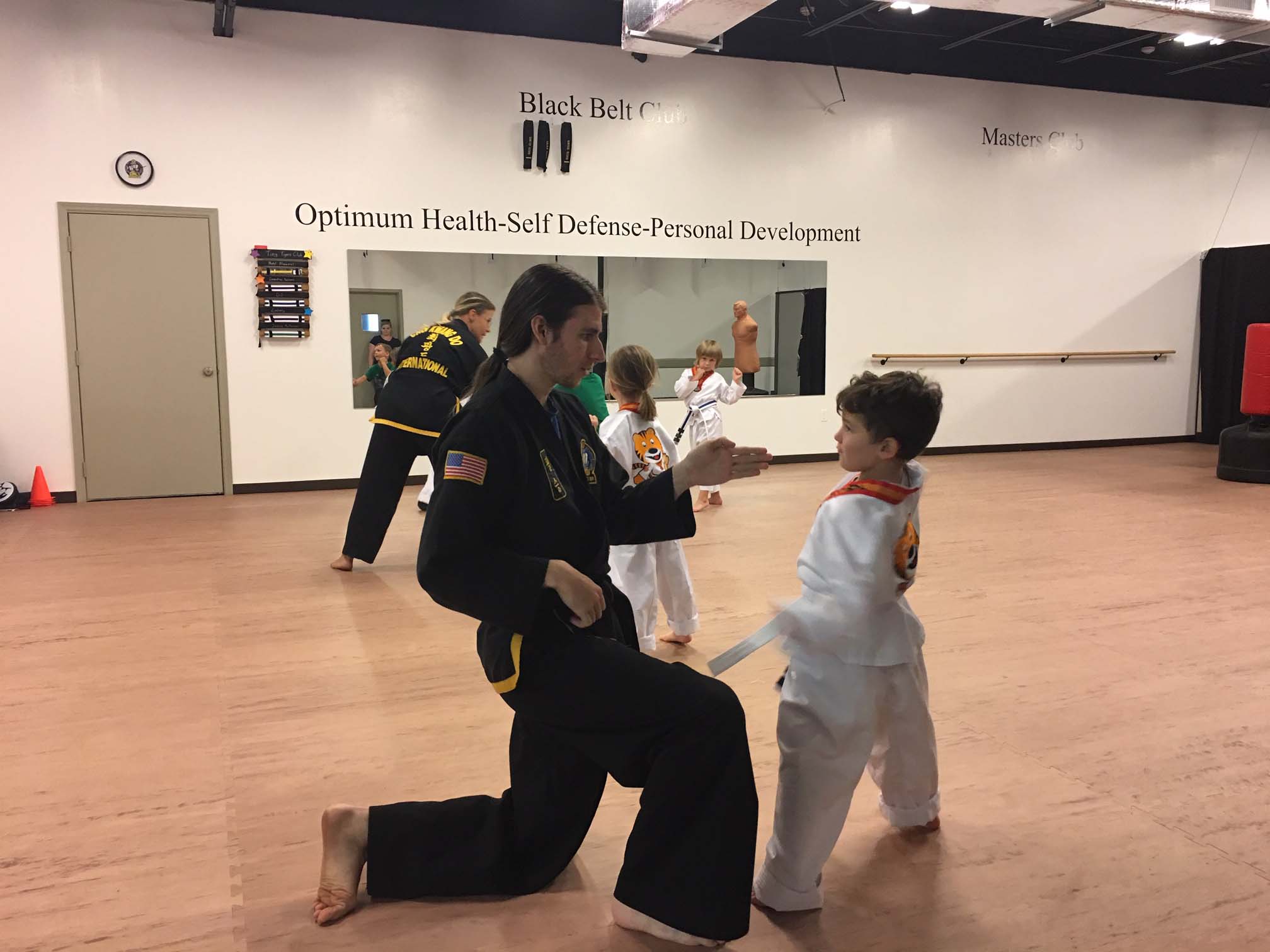
Dangers of Overtraining in Competitive Sports
Posted: April 10, 2019
Choi Kwang Do differs from competitive martial arts in that it is a non-contact sport. When continually competing to beat others down to protect yourself in competitive sports, such as martial arts, athletes become easily susceptible to overtraining.
Overtraining is defined as a condition where you perform excessive training, one that your body is unable to recover from, both in and outside the gym. The less severe versions of overtraining may take a week to recover from, while the more severe versions may take you two or more weeks to recover. The negative effects of overtraining can manifest in a person's physical and psychological well-being.
Joint Pain and Sore Muscles
After a tough exercise, it’s normal for your muscles or joints to ache, though the pain should fade after a few days. If the pain becomes chronic, it can be a sign of overtraining.
Muscle Loss
Over-working your muscles will not make them bigger, as it actually causes the reverse effect. If you’re working your muscles to their limit, it’s important to give them a proper rest period before exercising them again. Otherwise, your muscles cannot grow healthy and will actually begin to shrink.
Illness
Overtraining can weaken your immune system, making it easier to become sick. This happens due to muscle loss, exhaustion and lack of sleep. Most exercise to stay healthy, but overtraining can cause the opposite effect.
Mental Health
If you’re lacking the excitement and motivation you used to have before doing your workouts, it could be a symptom of overtraining. Anger, depression, apathy, irritability and lack of sleep are some of the psychological negative effects of overtraining.